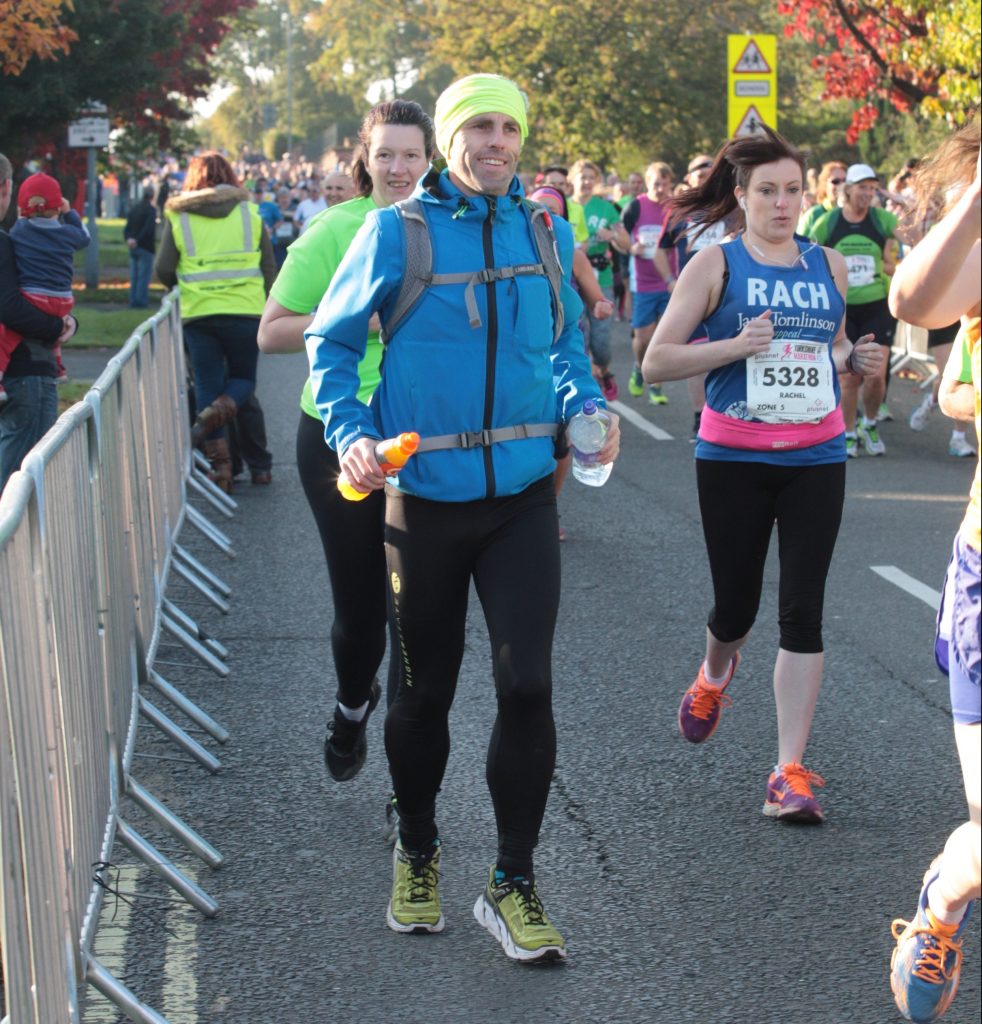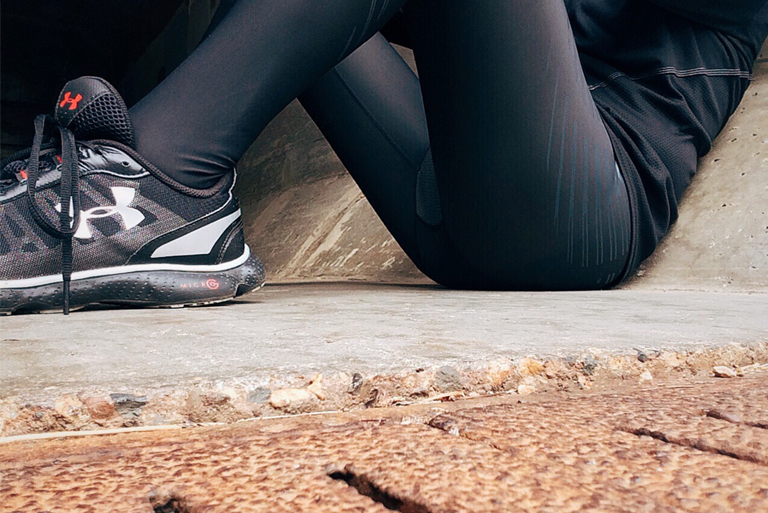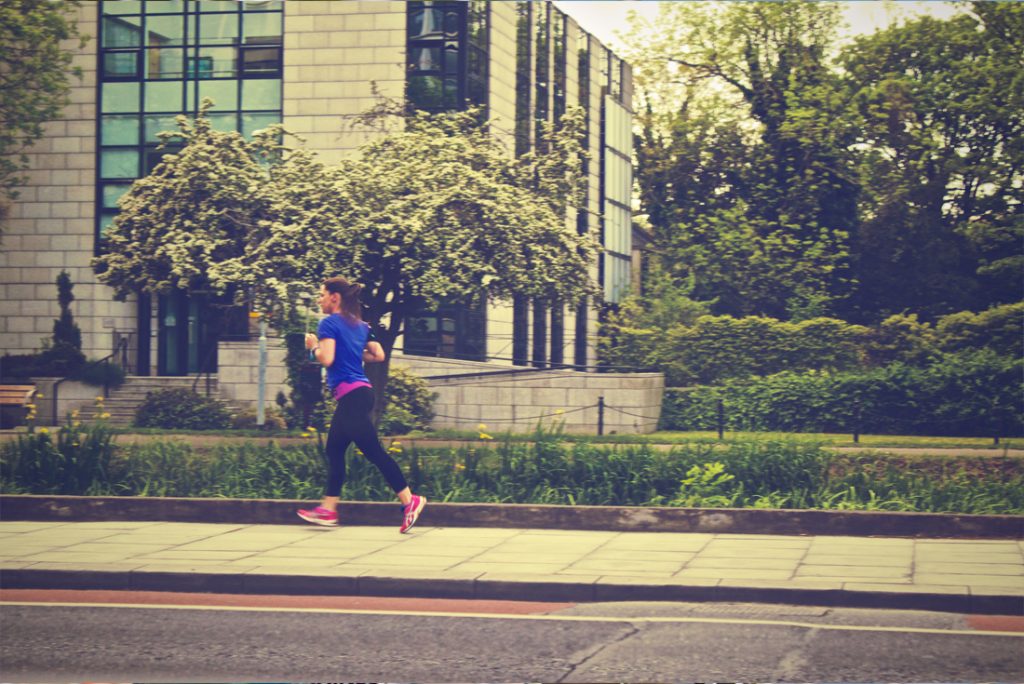Let’s be honest, running is often sold as one of the most affordable ways to stay fit. A pair of trainers, some leggings, and you’re good to go, right? That’s pretty much true if you’re just jogging around the park for fun. But once you start talking marathon running… well, things get a little more expensive. Don’t get me wrong, it’s still way cheaper than golf or skiing, but suddenly you’ve got entry fees, travel, hotels, nutrition, and tech gadgets creeping into your budget.
So, how much does a marathon really cost? I wanted to break it all down, from shoes to race day snacks, to give you a realistic picture – and maybe save you a few surprises along the way.
Race Day
Entry Fee: £80 Most UK marathons charge around £70, though big city events can be more expensive. The good news? You get a medal, a t-shirt, and bragging rights that are worth every penny.
Travel: £50 Trains, buses, fuel, parking – your cost will depend on where the race is. Racing close to home? Cheaper. Big city weekend away? Expect that number to rise.
Accommodation: £150 – £250 If the race isn’t local, a hotel stay is likely. Saturday nights are usually the priciest, and if you plan to linger after the race for brunch or sightseeing, factor that in too.
Total Estimated Race Day Costs: £280 – £380

Clothing
Shoes: £100 – £150 Running shoes aren’t just footwear – they’re investments in your legs and joints. Remember, you’ll need to replace them every 300-500 miles, so you may end up buying more than one pair during your training.
Race-Specific Shoes Compared to your training kit, race day kit can be more expensive. Carbon plate running shoes are the big-ticket item here, often costing around £200 a pair. They’re designed to give you a speed boost on race day, but you don’t necessarily need them if your regular shoes are comfortable and broken in. Race-specific clothing can also carry a premium, but it’s totally optional – the main thing is that you feel confident and comfortable.
Running Socks: £40 (4 pairs of twin skins) Blisters are the enemy. Quality socks aren’t optional if you want happy feet on race day.
Sports Bra: £55 Comfort is key. A decent sports bra is worth every penny, trust me.
Fuel Belt: £25 A simple way to carry gels, keys, or a phone while you run.
Hat / Visor: £25 Sun, rain, wind – protect yourself from the elements.
Total Estimated Clothing Costs: £445 – £495
Tech
GPS Watch: £100 – £400 Your choice of GPS watch can significantly impact your budget. A basic garmin model can be found for around £100, while high-end options with advanced features can run up to £400.
Headphones: £10 – £100 Depending on your preferences, wired or wireless headphones can range in price.
Total Estimated Tech Costs: £110 – £500
Coaching & Support Costs
- Coaching / App Subscriptions: From £15 a month
Many runners use apps or online coaching plans to structure their training. Whether it’s a personalised plan from a coach or a monthly subscription to a training app, these can help keep you on track and motivated. Costs vary depending on how hands-on the plan is, but you can expect to pay from around £15 a month.
Nutrition
Gels and electrolytes: £20 – £30 Proper nutrition is crucial during your training. Budget for gels and electrolyte drinks.
Protein Powder: £30 Recovery is just as important as training; protein powder can aid in muscle repair.
Total Estimated Nutrition Costs: £50 – £60
Recovery
Foam Roller: £15 This tool can help ease sore muscles after long runs.
Compression socks: £20 These can aid in recovery by improving circulation.
Total Estimated Recovery Costs: £35
Additional Expenses: The Hidden Costs of Marathon Running
Sports Massage: £45 A massage can help alleviate muscle tension and aid recovery.
Race Day Photos: £35 Capture the memories of your big day, but be prepared for the costs.
Vaseline / Sudocrem / Deep Heat: £5 These essentials can prevent chafing and keep you comfortable during your runs.
Blister Plasters: £5 A must-have for any marathon runner to avoid discomfort on race day.
Total Additional Estimated Costs: £90
Drum Roll, Please: The Total Cost of Running a Marathon
| Category | Low Estimate | High Estimate | Notes |
|---|---|---|---|
| Race Day (Entry, Travel, Accommodation) | £280 | £380 | Depends on location and hotel choice |
| Clothing (Shoes, Socks, Bra, Hat, Fuel Belt) | £445 | £495 | Add £200 if you buy carbon plate race shoes |
| Tech (GPS Watch, Headphones) | £110 | £500 | Depends on brand and features |
| Coaching / App Subscriptions | £60 | £60 | Assuming 4-month training plan at £15/month |
| Nutrition (Gels, Protein Powder) | £50 | £60 | Fuel for training and recovery |
| Recovery (Foam Roller, Compression Socks) | £35 | £35 | One-off items |
| Additional / Hidden Costs | £90 | £90 | Massage, race photos, Vaseline, blister plasters |
| Total | £1,070 | £1,820 | Costs vary depending on personal choices |
Add everything up, and running a marathon can cost anywhere between £1,070 – £1,820 depending on how much gear, travel, and recovery you invest in. Experienced runners who already have shoes, clothing, and tech can save a lot of this cost. But even starting from scratch, it’s still more affordable than many other hobbies.
Ways to Save a Few Pounds
- Sign up for local races instead of big-city events to save on travel and hotels.
- Make your own gels or energy drinks – it’s cheaper and you can customise your flavours.
- Buy shoes on sale or second-hand tech for your watch or headphones.
- Volunteer at a race and you might score a discounted or free entry for a future marathon.
Is It Worth It?
Absolutely. The financial commitment is real, but so is the reward. The sense of accomplishment, the friendships formed during training, and the thrill of crossing that finish line make it all worth it. Marathon running isn’t just about spending money – it’s about personal growth, resilience, and achievement.


